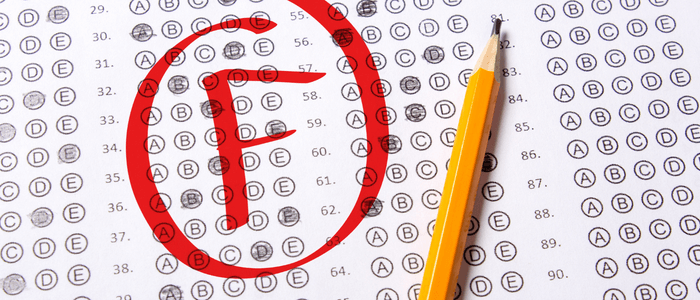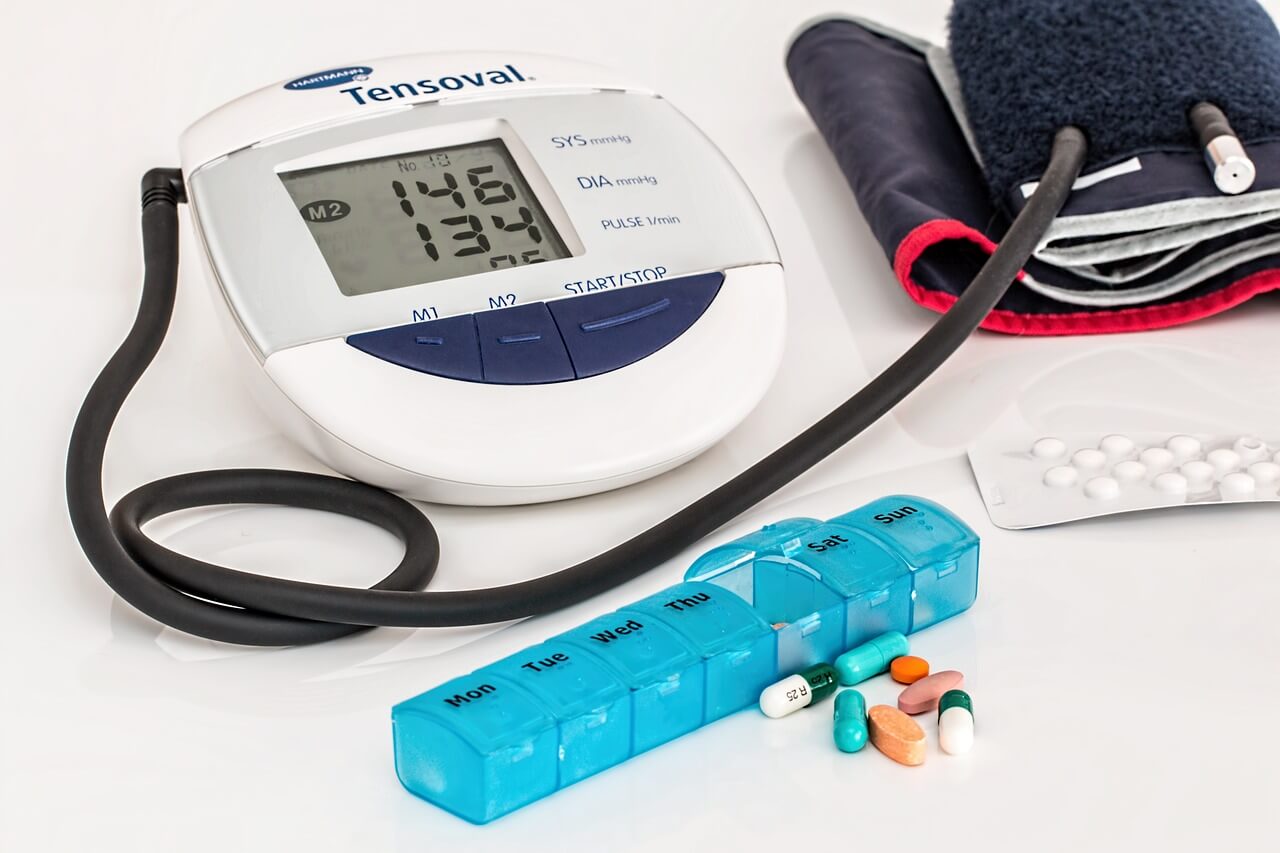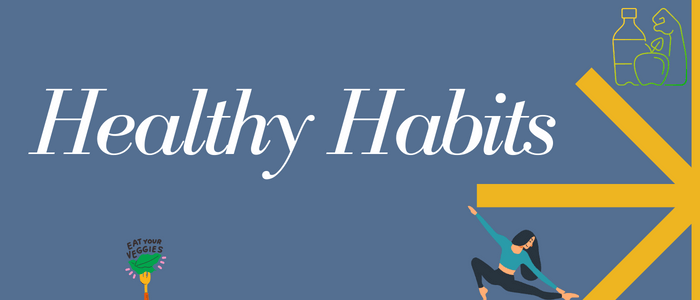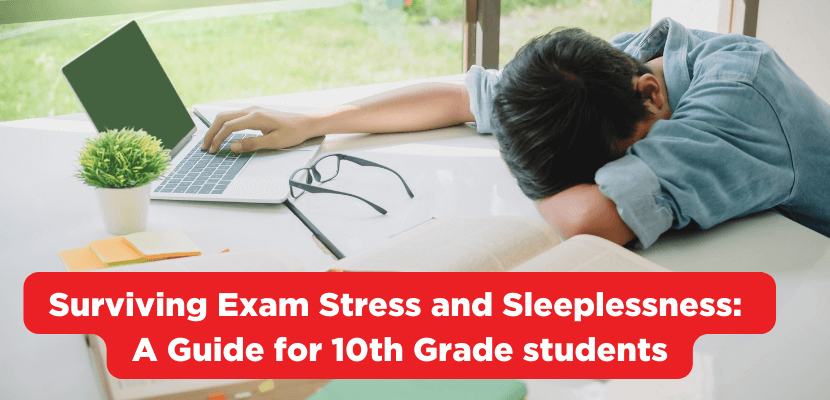Exams can be a daunting time for students, with many experiencing high levels of anxiety, stress, and pressure. Societal and familial expectations combined with these negative emotions do not make this any easier for them. Many students are constantly under pressure from their families to perform better than their peers or relatives, which only adds to their stress levels.
For 10th grade students, who are facing such circumstances for the very first time, this can be an especially challenging experience.
It is normal to feel some level of nervousness and stress during the exam season, but some students may feel ill-equipped to handle the pressures and expectations placed upon them. A queasy stomach, heart palpitations, mood swings – students feel all sorts of low during this time. This results in anxiety and stress, making it a challenge to achieve their academic goals.
Further, the fear of not being able to get into a good college to study a subject of your choice is very real. This is a lot for any 10th grader to handle, and the mental stress that comes from it can hurt their grades and overall health.
Are you a 10th-grade student preparing for exams, struggling with sleepless nights, and unsure how to handle the pressure?
Don't worry, you're not alone. Exam season can be an overwhelming time, especially for students like you facing such high stakes for the first time.
--> SEE ALSO: The Secret of Successful Job Opportunities In Fashion Design: Strategies For Beginners!
But fear not; this blog will give you the information and tools you need to deal with sleep disorders and do your best. Read on to find out the different reasons for sleeplessness during exam preparation and some easy ways to get the rest you need when the pressure mounts.
Understanding Sleeping Disorders During Exam Time
1) Definition of Sleeping Disorders

Image Credit: Click Here
Sleeping disorders are health conditions that interfere with a person's ability to sleep or maintain a healthy sleep pattern. Some common sleeping disorders include insomnia, sleep apnea, restless leg syndrome, and narcolepsy.
During exam time, students may experience sleep disorders due to:
Some of these are temporary and symptoms go down after the exam period. While for others, this may carry on as a lifelong difficulty.
--> SEE ALSO: Unlock Your Career Potential: NSDC Certification After Completing 10th Grade
2) Causes of Sleeping Disorders during Exam Time

The causes of sleeping disorders during exam time can vary, but some common factors include increased stress, anxiety, and changes in routine or sleeping environment.
Students also tend to make lifestyle changes during this time to accommodate the long hours of study. These include:
- Consuming a lot of caffeine in the form of coffee and energy drinks.
- Staying up late several nights in a row to study.
- Poor eating habits – many students tend to resort to high calorie comfort foods and overeating to deal with the stress.
All of these can contribute to sleeping disorders in the long run. This puts them in a helpless situation – neither can they study well nor can they get the rest they need.
3) Types of Sleeping Disorders

Sleeping disorders are not a simple inability to sleep. There are several types of sleeping disorders that can affect students during exam time. These include:
- Insomnia: This is characterized by a difficulty falling asleep or staying asleep. Students may also wake up mid-sleep and find it hard to go back to sleep.
- Sleep Apnea: This is a serious problem where breathing interruptions occur during sleep. Some people may also stop breathing during sleep if this is left untreated for too long.
- Restless Leg Syndrome: This disorder involves uncomfortable sensations in the legs that make it difficult to sleep. There is an irresistible urge to keep the legs moving, and this is particularly bad for students who need to sit still for long hours studying and writing exams.
- Narcolepsy: This is a chronic sleep disorder that causes excessive daytime sleepiness and sudden sleep attacks. This is usually seen in the 15-25 age group, making students in 10th grade more risk-prone to it.
Effects of Sleeping Disorders on Exam Performance

Sleeping disorders are definitely uncomfortable. Moreover, they leave the student’s hands tied as they try to grapple with constant fatigue and the need to complete portions and do revisions before exams.
This not only affects their results, but has a long-lasting impact on their general well-being.
1) Negative Impacts of Sleeping Disorders on Memory and Concentration

Image Credit: Click Here
Sleeping disorders can negatively impact exam performance by impairing memory and concentration. Some can even form false memories, which is dangerous in the long run for any student.
Lack of sleep can also cause
- Forgetfulness
- Difficulty retaining information
- A decreased ability to focus on exam questions.
This can lead to poor grades and reduced academic performance. As they get older, it can also result in a risk of cognitive issues and dementia.
2) Impact on Physical and Mental Health

Image Credit: Click Here
It’s not just the student’s grades that these issues affect. Sleeping disorders can also impact a student's physical and mental health, jeopardizing their future. Chronic sleep deprivation can cause several health problems such as:
- Weight gain
- Decreased immune function
- An increased risk of developing depression and anxiety
It might also be difficult for students to communicate these issues with their teachers and parents, multiplying the impact of these problems on their psychological and physical well-being.
--> SEE ALSO: The Top 3 Finance Courses to Choose After School
Tips for Overcoming Sleeping Disorders During Exam Time

Here’s the good news for any student experiencing the above problems during the exam season: it’s not the end of a healthy life. It is possible to take a few steps and make lifestyle changes in order to get your sleep cycle back on track.
You can do the following to bring back order to your sleeping routine and get the restful sleep you need during the exam season.
1) Establishing a Bedtime Routine

Image Credit: Click Here
This is one of the best ways to overcome sleeping disorders during exam time. This is simple, all you need to do is train yourself to:
- Establish a consistent bedtime routine.
- Go to bed at a fixed time every night
- Wake up at the same time every day
- Follow this routine even on weekends
A consistent routine helps regulate your body's natural sleep-wake cycle and can improve the quality of your sleep. You’ll soon notice that you feel better-rested and ready to take on your books and exam prep well.
2) Improving Sleep Environment

Creating a comfortable sleep environment can greatly improve the quality of your sleep. No wonder some parents insist on giving the best room and bed to the 10th grade exam-appearing student! Along with this, it is also necessary to focus on:
- Reducing noise
- Reducing light
- Managing temperature
- Avoiding electronic devices before bed.
All of this makes your bedroom a more peaceful and restful place. Consider investing in a comfortable mattress and pillows – this can make a huge difference.
--> SEE ALSO: Short-Term Interior Design Courses: A Comprehensive Guide
3) Managing Exam Anxiety

Image Credit: Click Here
Exam anxiety can be a major contributor to sleeping disorders during exam time. This is a specific situation where your sleeping disorders surface when exam pressure is at its peak.
To manage this anxiety, you can take a number of steps like:
- Practicing relaxation techniques such as Progressive Muscle Relaxation technique.
- Breathing exercises like deep breathing, belly breathing, and pursed lip breathing. You can check these out here.
- Making meditation or yoga a part of your life.
Additionally, it is very important to take a breather often in the form of regular breaks during studying. This gives your body a chance to rest, and your mind to refresh itself.
4) Adopting Healthy Habits

This is something most students are reluctant to observe, but that’s okay! You are allowed the regular sweet delicacy or a treat when you’ve had a productive study session. But it’s also necessary to incorporate healthy habits in the form of:
- Regular exercise: Nothing boosts the blood flow to your brain and body like a good 30 minutes of basic stretches and cardio.
- Balanced diet: Not only does this improve your immunity keeping illnesses at bay during exam time, it can also improve the quality of your sleep.
- Avoid caffeine and sugary foods before bed: Many students resort to these to stay awake during long nights. But these foods are high in energy and can interfere with the quality of your sleep.
5) Emotional Support System

A strong support system can be a game-changer during exam season. It’s also important to cut down on influences that take out time from your schedule like long hours of gaming, or talking with friends for long hours.
To maintain a healthy balance, you can do the following:
- Don’t cut yourself off from people: While it's important to prioritize your studies, you don't have to cut yourself off completely from your family and friends.
- Maintain open communication: Seeking support from the right friends and maintaining open communication, can in fact, be tremendously helpful. There is immense acceptance and relief in finding out that you’re not the only one with exam-related stress and sleeping disorders. Your friends may even be able to help you sort out difficulties.
- Reach out to your parents: Additionally, don't underestimate the power of emotional support from your parents. Sharing your fears and anxieties with them can help to alleviate some of the mental strain, enabling you to perform better academically.
6) Seeking Professional Help

Image Credit: Click Here
It is possible that you’ve been trying your best to beat sleep disorders during exam time, but nothing seems to work. If you are experiencing persistent sleeping disorders during exam time, it may be necessary to seek professional help.
The benefits of doing this include:
- This helps to come to terms with your disorder and work towards a strategy that will work for you.
- A professional will be able to sympathise and understand your difficulties much better than friends and family.
- At times, your family may not be very encouraging and supportive, in which case talking out your difficulties with a counsellor or therapist can be cathartic.
Consider talking to your family doctor or a counselor who can provide additional guidance and support.
Conclusion

Image Credit: Click Here
It’s normal to feel anxious and worried about exams if you’re a 10th grade student dealing with these problems for the first time. Sleeping difficulties can have a substantial impact on exam performance as well as overall academic success.
By recognizing the causes of sleep disorders and adopting healthy behaviors, students can overcome sleep disorders and enhance their academic performance. By using the tips and strategies in this guide, students can improve their sleep hygiene and deal with exam stress. We know how great it feels to have a good night's sleep and an even more productive day.
It might also help to research on possible courses and formulate a strategy towards your desired career. Aditya Centre of Excellence offers a range of NSDC certified courses in a wide range of career fields, giving 10th grade students the freedom they deserve to choose what they’re good at. Check out the courses here.
--> SEE ALSO: The Complete Guide to Motion Graphics and Animation
Finally, try not to worry about the outcome – the bottom line is to do your best. Our advice to all students appearing for the upcoming 10th grade examinations is to keep a clear head and give it your best shot! Don’t forget to keep a good attitude!


